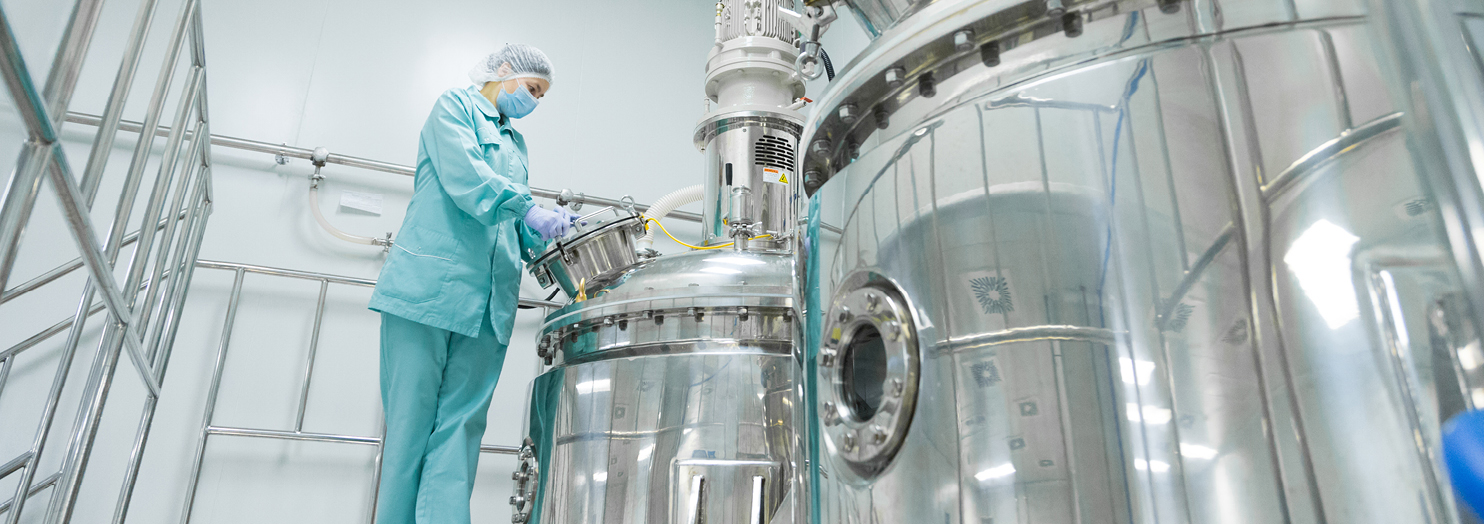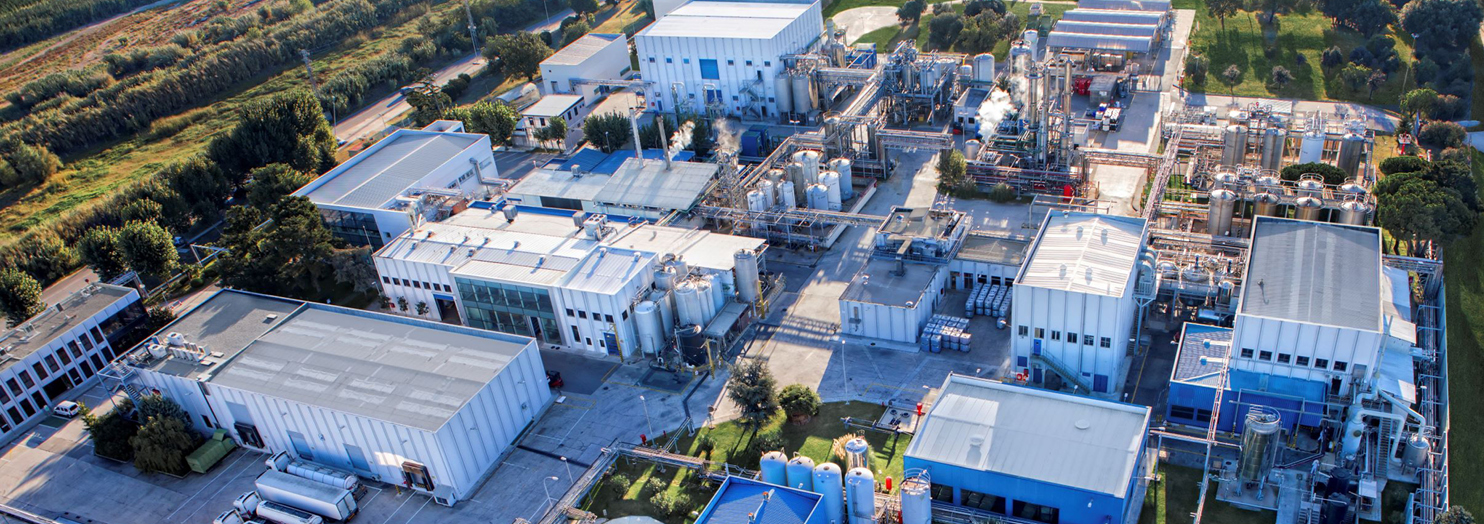SARIA Global Newsletter February 2023
Latest partnerships in Argentina for Van Hessen

In 2022, we entered into partnerships with Vincenti and Inter Farma.
Vincenti was established in Argentina in 1853 and has been producing natural casings ever since. Inter Farma, also based in Argentina, specializes in the production of chondroitin sulfate extracted from bovine cartilage, and crude heparin from porcine mucosa. Both companies are leading manufacturers in South America, which is why a partnership is so beneficial for Van Hessen’s business development in this area. Being partners means increasing our volume of ‘green casings’, which still contain the associated mucosa. Together with Vincenti we are building a new cleaning plant for all green casings in Canuelas near Buenos Aires. In addition, we will transfer the production of crude heparin from our plant in Rosario to the Inter Farma’s plant, which is also located in Canuelas, next to the construction site of the new cleaning plant. We expect both plants to be up and running by March 2023.
Bioiberica: Supply chains

What’s next for the pharma supply chain and how is Bioiberica positioning itself in it?
Supply chains are fundamental for the efficient delivery of important healthcare solutions and lifesaving pharmaceuticals to people globally. What steps can companies like Bioiberica take within the supply chain to deal with inevitable disruptions?
The pillars of supply chain success
Transparency, collaboration, openness and integrity are at the core of mitigating any potential risks in supply chain management.
But having the right structure in place to begin with is critical. An integrated supply chain model enables comprehensive control across operations – from the sourcing of raw materials to the final API development.
Incorporating a robust setup with special processes and protocols in place like this, plus a dedicated team of specialists, ensures maximum traceability, quality and safety of pharmaceutical ingredients from start to finish.
This is especially important when working with biologically-derived ingredients, as we do at Bioiberica.
Thanks to our vertically integrated supply chain model, we were in a much stronger position than most during the COVID-19 pandemic.
And it continues to futureproof the business against unpredicted disruptions, helping to shield from upstream supply chain issues, like risk of cross-contamination and transmission of animal-derived adventitious agents (an ever-present risk when working with animal materials).
Key initiatives to build resilience
Two key strategies that companies will likely implement going forward to support better resilience are building a robust network of trusted suppliers and introducing geographical diversification into their business operations.
Flexibility is key here. Take biologically-derived APIs as an example – to develop such ingredients, large volumes of starting material are required to obtain the target molecule.
Because the quality and quantity of the final active ingredient is dependent on herd size and disease-free animals, naturally, there are risks linked to supply shortages. The solution? To source from countries worldwide, while also maintaining strict, traceable and quality-based supply chain models.
Collaboration powers agility
Supply chains can be extremely dynamic with multiple stakeholders joining or exiting the process at different points. That’s why teamwork is key. Bioiberica regularly partners with research centres, businesses in the industry and global regulatory agencies to develop analysis techniques that support the characterisation of its active ingredients and ensure they’re compliant with the latest regulations.
Unlike chemical substances, which have a consistent and characterisable chemical structure regardless of how they are manufactured, animal-derived actives are more susceptible to variability due to their biological origin – thus need to be assessed closely.
Game-changing technologies
Technology is constantly evolving – especially in the pharma world. Initiatives that could revolutionise the pharma supply chain include artificial intelligence for control towers and inventory monitoring. The Internet of Things (IoT) supports logistics management.
From material tracking to providing data on inventory location and status, it helps reduce errors in the supply chain and increases the productivity of pharmaceuticals. Finally, many researchers are turning to blockchain technology to strengthen pharmaceutical operations. Making data sharing and visibility of a product’s journey possible – from production line to patient – without a third party, blockchain makes global supply chains more traceable and efficient.
Empowering sustainable operations
The industry explores new, more sustainable ways to manufacture pharmaceutical ingredients – using less water and energy or improving efficiencies – there exists the potential of changing the quality of the final product. It therefore takes time and a great deal of confidence to make the switch from one process to another – especially for an already-established drug product.
Bioiberica’s operations follow a circular economy approach – a concept based on principles from natural ecosystems, where nothing is wasted. For example, Bioiberica currently powers 100% of its activity using electricity from renewable resources. By taking by-products from the food industry and turning them into valuable ingredients for use in pharmaceuticals, the company is working towards creating a sustainable future not just for its own business, but for its customers too and – most importantly – people and the planet.
If you want to know more read the full article on the website of Bioiberica.